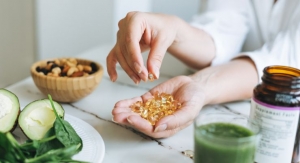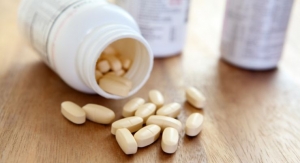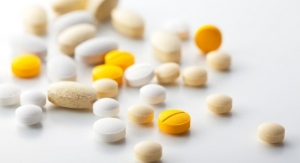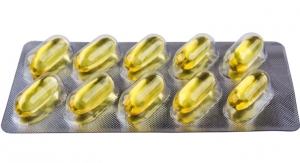12.21.16
Although CoQ10 and ubiquinol are among the most popular supplements, wide variations in price, dosage, absorption and bioavailability can make choosing the right product a difficult task, according to ConsumerLab.com, White Plains, NY, which recently purchased 18 popular supplements, testing to see whether they contained their claimed amounts of CoQ10 and ubiquinol, and comparing quality and cost.
ConsumerLab.com discovered one product contained just 78% of the amount of CoQ10 listed on the label, a finding which was confirmed in a second independent laboratory. Even among products that contained their claimed amounts, the suggested daily serving size of CoQ10 ranged from 50 mg to 400 mg, and the cost to obtain an equivalent amount ranged from 7 cents to $1.07. The cost to get the same amount of ubiquinol, the “active” form of CoQ10, which tends to be more expensive, ranged from 27 cents to $1.16. Many of the reviewed products include compounds such as polysorbate 80 or black pepper extract to enhance their absorption and/or bioavailability but, as discussed in the new review, they may also cause side-effects and drug interactions, the company claimed. Among products which passed ConsumerLab.com’s tests of quality, several were identified as CL’s Top Picks, for providing quality CoQ10 or ubiquinol at the lowest cost.
CoQ10 is the third most popular supplement (behind fish oil and multivitamins) in the U.S. among people who use multiple supplements, according to a 2015 survey by ConsumerLab.com of over 10,000 supplement users. CoQ10 appears useful in treating congestive heart failure and preliminary evidence suggests additional uses including improving "vitality," reversing side-effects of "statin" drugs, and preventing migraine headaches.
The ConsumerLab.com review includes test results and quality comparisons for 39 products, 18 which were selected for testing by ConsumerLab.com and 21 which are included for having passed the same testing through CL's voluntary Quality Certification Program. The report also includes information about six products which are similar to one which passed testing. The report summarized the clinical evidence regarding the use of CoQ10 and ubiquinol, dosage, drug interactions, and side effects.
ConsumerLab.com discovered one product contained just 78% of the amount of CoQ10 listed on the label, a finding which was confirmed in a second independent laboratory. Even among products that contained their claimed amounts, the suggested daily serving size of CoQ10 ranged from 50 mg to 400 mg, and the cost to obtain an equivalent amount ranged from 7 cents to $1.07. The cost to get the same amount of ubiquinol, the “active” form of CoQ10, which tends to be more expensive, ranged from 27 cents to $1.16. Many of the reviewed products include compounds such as polysorbate 80 or black pepper extract to enhance their absorption and/or bioavailability but, as discussed in the new review, they may also cause side-effects and drug interactions, the company claimed. Among products which passed ConsumerLab.com’s tests of quality, several were identified as CL’s Top Picks, for providing quality CoQ10 or ubiquinol at the lowest cost.
CoQ10 is the third most popular supplement (behind fish oil and multivitamins) in the U.S. among people who use multiple supplements, according to a 2015 survey by ConsumerLab.com of over 10,000 supplement users. CoQ10 appears useful in treating congestive heart failure and preliminary evidence suggests additional uses including improving "vitality," reversing side-effects of "statin" drugs, and preventing migraine headaches.
The ConsumerLab.com review includes test results and quality comparisons for 39 products, 18 which were selected for testing by ConsumerLab.com and 21 which are included for having passed the same testing through CL's voluntary Quality Certification Program. The report also includes information about six products which are similar to one which passed testing. The report summarized the clinical evidence regarding the use of CoQ10 and ubiquinol, dosage, drug interactions, and side effects.



















